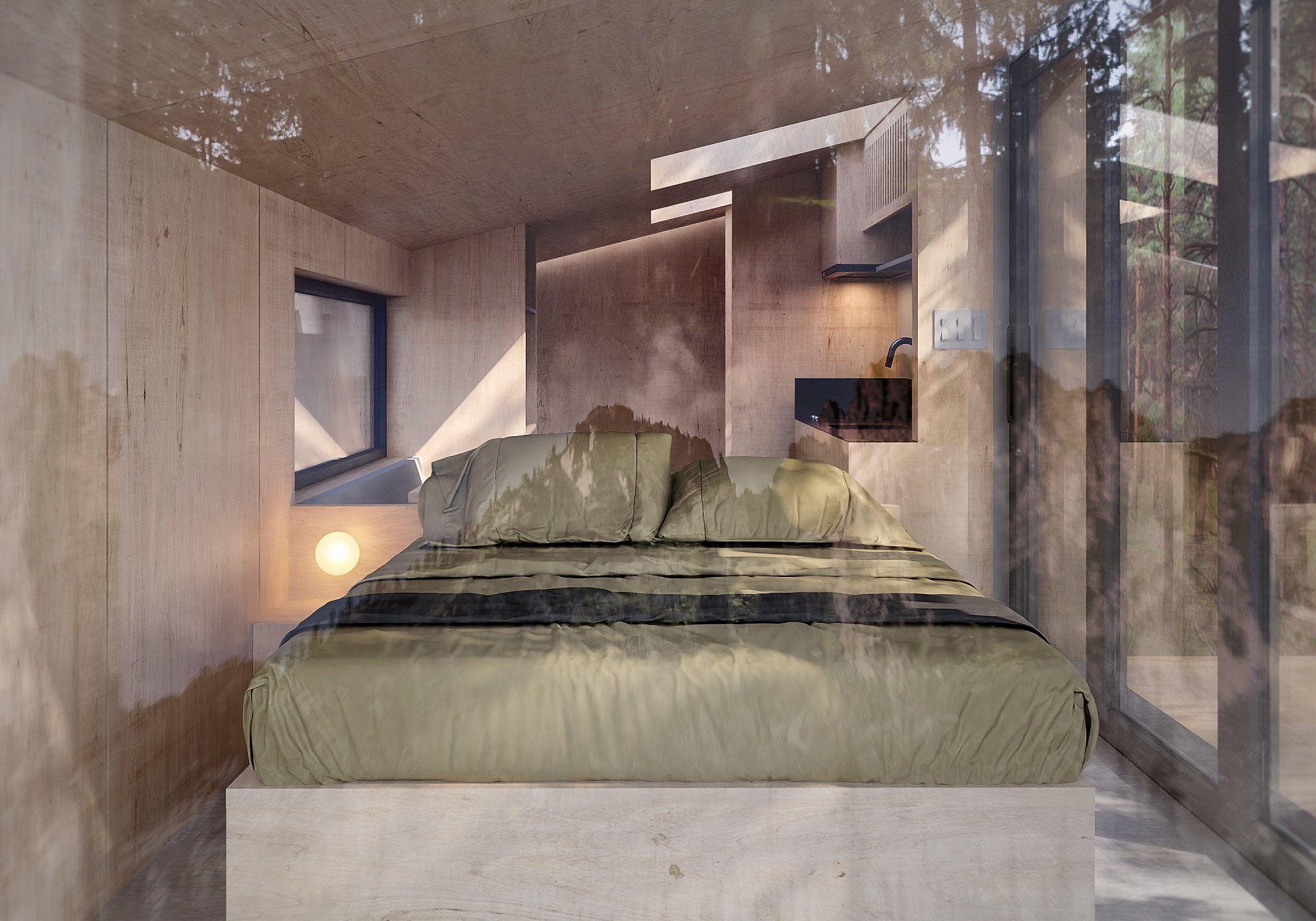The Art of Running a Remote Hospitality Cabin
In our fast-paced world, remote cabins have become sanctuaries of rest and restoration. For guests, they offer a tranquil escape, but for hosts, managing these retreats can pose unique challenges. At Further Society, we've honed the craft of running remote hospitality cabins over years of experience. Below, we've distilled our insights into key principles for your success in remote hospitality:
Hospitality Principles
We believe that fostering a genuine human connection is essential to great hospitality. This might seem paradoxical when running a remote hospitality cabin, as you may never meet your guests in person. This makes online communication even more crucial. Creating a comprehensive guidebook with stories and videos and offering personal touches like locally sourced welcome gifts helps you establish a genuine connection with your guests. These thoughtful touches leave lasting impressions and encourage repeat visits.
Setting Expectations
Exceeding expectations starts with intentionally setting them. You should transparently communicate the realities of your property, such as potential neighbors for guests seeking seclusion or specific instructions for off-grid living if your cabin includes unique amenities like a wood stove or off-grid toilet. By aligning expectations, you can ensure a more satisfying guest experience.
Understanding Your Guests' Objectives
Strive to understand why your guests choose your space. Whether it's a base for outdoor activities or a destination for relaxation, listening to your guests and enhancing their experience based on their objectives is key. This may involve sharing local attractions in your guidebook or offering a curated selection of uplifting literature.
Engaging the Five Senses
Hospitality is a sensory experience that extends beyond visual aesthetics (despite Instagram and Tiktok culture). How the furniture and textiles feel, any foods, coffees, or teas that are provided as gifts or amenities, and any smells used in cleaning or air freshener products will influence the guest experience. Please note that many people are sensitive to smells, especially synthetic fragrances. This is something to be careful with, but still important to consider.
The Wifi Dilemma
While remote cabins are often sought as places to disconnect, providing a stable internet connection is crucial for guest safety and operational efficiency. Remote locations may lack cellular service, making a reliable internet connection, such as Starlink, invaluable. It is vital that your guests are able to communicate with you or anyone that they are traveling with, and that you are able to communicate with your cleaners, and maintenance teams. Monitoring "smart" appliances such as the thermostat and water heater ensures that everything is functioning correctly, preventing potential issues for arriving guests.
Investing in a Great Team
Maintaining a clean and well-maintained space is fundamental to a positive guest experience. However, assembling a reliable team of cleaners, maintenance personnel, and landscapers can be challenging in remote areas. Local recommendations and community connections are valuable resources for building a dependable team.
Nature as Your Co-host
Remote cabins are inherently intertwined with their natural surroundings. They invite guests to step into a world where the landscape itself becomes an integral part of the hospitality experience. We view nature not only as the setting but as an active participant in the guest experience. From starlit skies to calming forests, every aspect of the natural world contributes to the guest experience. Reflect on ways to collaborate with nature to craft your magical retreat.
In Conclusion
Running a remote hospitality cabin is an art that combines careful preparation, thoughtful communication, and a deep respect for nature. By embracing these principles, you will provide a truly remarkable experience for your guests.

